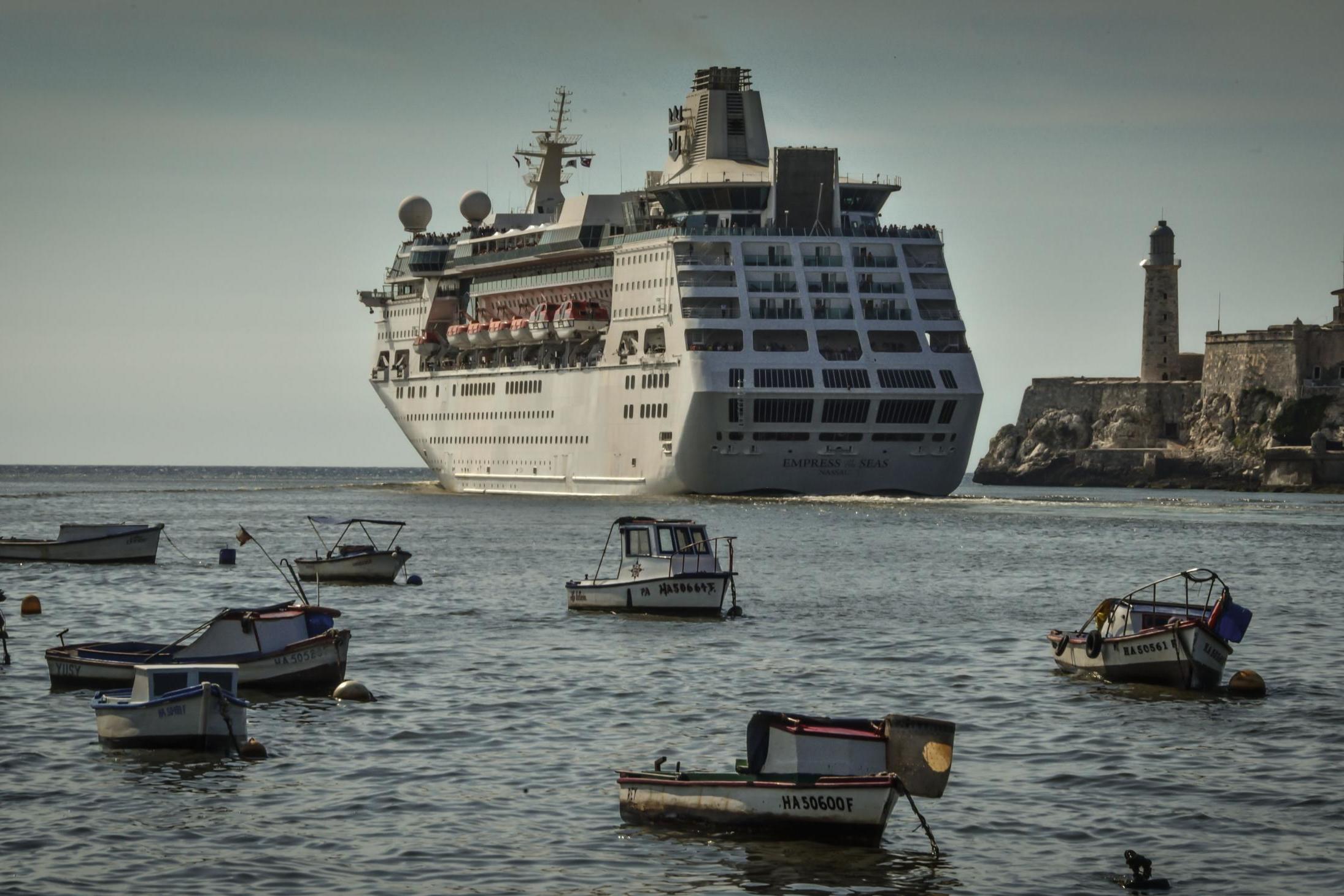Cruise operators are steering their ships – and millions of dollars – into their own private destinations packed with excursions, beaches, bars and restaurants.
The phenomenon appears to have started with Royal Caribbean Group, which in 2019 opened “Perfect Day at CocoCay,” an amusement park-like private destination in The Bahamas that has caught the eye of Wall Street.
By operating their own private destinations on small Caribbean islands, Royal Caribbean and other cruise operators have managed to grow revenues faster.
“By having their own port and not having to pay passenger fees and government taxes, they are able to capture more of that total revenue,” said Bob Levinstein, CEO of cruise marketplace Cruise Compete.
For example, Royal Caribbean spent $250 million to renovate CocoCay. Since its opening in 2019, the company’s expenses including commissions have increased 34% while ticket revenues are up 43%.
Now, competitors Carnival Corp and Norwegian Cruise Line Holdings are scrambling to recreate that success.
“Royal is getting some of the best returns in all of cruise right now, and the big edge they have is CocoCay, and everybody else is trying to catch up,” said Kenneth Kuhrt, executive vice president at Ariel Investments.

Cruise companies have been posting banner earnings as the affordable price of cruises attracts consumers itching to travel in the post-COVID era. Royal Caribbean shares are up 69% so far this year, while peers Carnival and Norwegian are up 27% and 30%, respectively.
“Perfect Day at CocoCay has been a game changer for both our guests and our business,” Royal Caribbean CEO Jason Liberty said in a statement.
Cruise companies are shuttling a record number of travelers into the region on three- and four-day itineraries with stops at private destinations, according to industry experts.
Meanwhile, rising direct bookings allow Royal Caribbean to save on commissions, which are about 10% to 20% of the ticket price, said Patrick Scholes, Truist Equity analyst.
“Travel agents are getting cut out of the mix,” Scholes said. “Cruise companies are extremely reluctant to acknowledge this because they are still very dependent on travel agents and…
Click Here to Read the Full Original Article at The Independent Travel…
